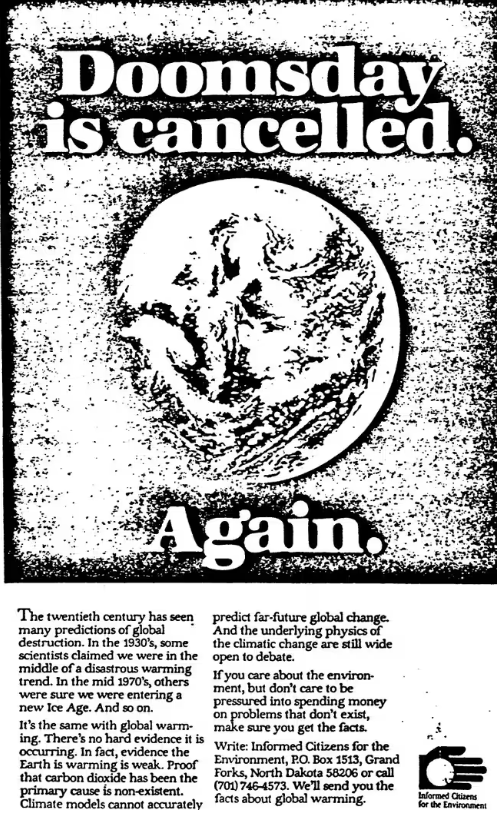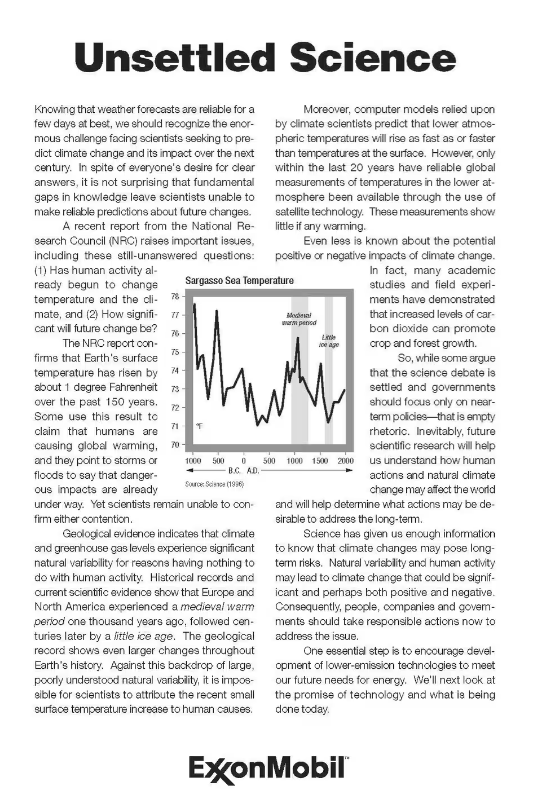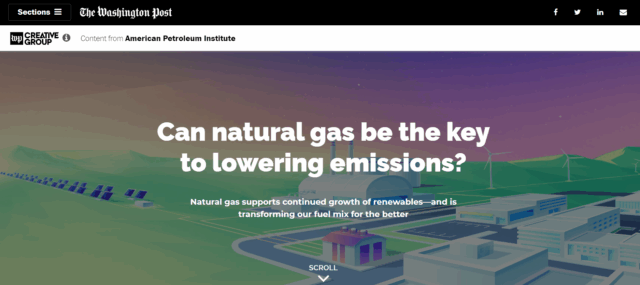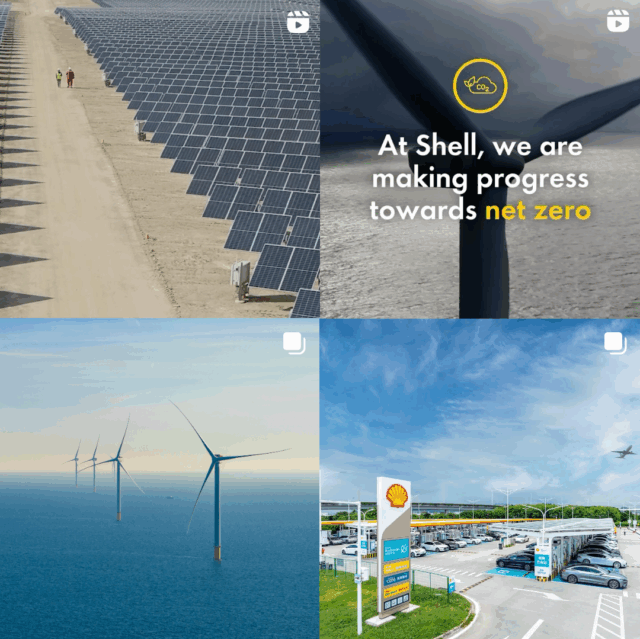To reduce the demand, Shell points to the legislators to put the necessary climate policies in place. To claim this credibly, Shell would have to quit lobbying against climate policy. Both Shell and BP understand this and claim they are advocating in favor of climate policy.
However, according to recent research by the Australasian Centre for Corporate Responsibility, Shell fails to disclose its climate lobbying in emerging markets, leaving the public in the dark about a large part of its lobbying activities. Even more, the research shows that some of Shell’s industry organizations are lobbying for policies with the potential of locking in fossil fuel demand.
Even if both companies are, as they claim, indeed refraining from lobbying against climate policy, they are part of another pernicious evolution, threatening the global green energy transition, and thus the reduction of oil and gas demand. Big Oil uses international arbitration claims based on ISDS (Investor-state dispute settlement) to demand staggering amounts of money from states that require Big Oil to lower production or shut down facilities.
“You’re going to have a public relations onslaught … telling you how good they are, how they are so responsible and good corporate citizens, and that whatever problem it is that you’re talking about, they are right on top of it and handling it, … so there is no need to regulate us, at all.”
Big law firms such as Jones Day are advising their fossil fuel clients to change their corporate structure to be able to sue states that are taking legitimate climate action. As courts increasingly consider lost profits (on top of the costs of stranded assets) for the amount of compensation, awards are easily hundreds of millions and even billions of dollars. This could cause states to refrain from, or delay measures to phase out fossil fuels.
In February 2024, Shell and Exxon launched an ISDS case against the Dutch state because of its order to end gas production at the Groningen field. As every single government has committed to the goals of the Paris Agreement, it could not have been more obvious for Big Oil that states are going to take strong climate action. “Yet the Netherlands takes one appropriate step to phase-down gas production and is slapped with a multi-billion dollar lawsuit by two carbon giants, demanding compensation for all of the profits their unabated fields would have produced,” says Lisa Sachs, Director of the Columbia Center on Sustainable Investment. “I’d say it’s appalling, except that we are now inured to the audacity of the oil industry.”
It may be clear that Shell and BP’s communication makes their targets worthless. Looking at their real actions, studies confirm this idea, showing the mismatch between pledges and real action in the past.
A study published in the peer-reviewed journal PLOS ONE, examining BP, Shell, ExxonMobil and Chevron using data collected over 2009-2020, concludes that decarbonization strategies “are dominated by pledges rather than concrete actions” and that “the transition to clean energy business models is not occurring, since the magnitude of investments and actions does not match discourse.” The study further warns that “when weighing the authenticity of claims to be decarbonizing or moving away from fossil fuels, stakeholders and policymakers should consider the past actions (…).”
In addition, according to the findings of the Oversight Committee in its investigation into fossil fuel climate disinformation, “Contrary to what their pledges imply, fossil fuel companies have not organized their businesses around becoming low-emissions, renewable energy companies. They are devoted to a long-term fossil fuel future.”
To sum up, as the quote from Guterres continues: “We are on a pathway to global warming of more than double the 1.5°C limit agreed in Paris. Some government and business leaders are saying one thing, but doing another. Simply put, they are lying. And the results will be catastrophic. This is a climate emergency.”
Big Oil’s PR Machine
Shell and BP’s net-zero targets are just a small part of an extensive and long-standing propaganda campaign fueled by the fossil fuel industry, confusing the public and policymakers about climate change. Big Oil used to deny the science of climate change, intentionally spreading false information. Now that climate change has become undeniable, they seek to create the illusion that they are part of the solution.
Big Oil’s ultimate goal in this disinformation campaign is to retain its social license. As Melissa Aronczyk, Professor of Journalism and Media Studies at Rutgers University, explains, society determines the image and reputation of a company. From the moment it perceives a company as a bad actor, out to hurt society, the company will lose its social license and cease to exist. According to Aronczyk, as society starts to recognize the urgency of climate change, fossil fuel companies almost do not have a choice but to claim some values affiliated with climate action.
To retain its social license, Big Oil is using an extensive public relations machine. According to investigative climate journalist Amy Westervelt, to solve the disinformation problem, “we have to understand that [disinformation], too, is an industry. PR firms, hired to help companies and industries avoid regulation and circumvent democracy, built and fine-tuned the disinformation machine over more than a century.”
By retaining its social license, Big Oil is avoiding climate policy and thus delaying climate action. According to Westervelt, these public relations campaigns are often used to subvert democracy.
“Why, then, are some of the country’s most prominent news organizations lending their prestige to greenwashing by companies whose business plans, if executed, would spell the end of civilization as we know it?”
Robert Brulle, Professor of Society and Environment at Brown University, discovered a link between public relations spending and legislative activity: “When you look at their public relations spending, the more Congress starts to have hearings and write bills dealing with climate change, the more they start spending on public relations the next year. In other words, you start having hearings this year, next year you’re going to have a public relations onslaught from the oil companies telling you how good they are, how they are so responsible and good corporate citizens, and that whatever problem it is that you’re talking about, they are right on top of it and handling it, (…) so therefore there is no need to regulate us, at all.”
Big Oil’s Deceptive Advertising
Big Oil’s PR machine makes considerable use of advertising.
Geoffrey Supran, Associate Professor at the University of Miami focusing on the history of fossil fuel climate disinformation, and Naomi Oreskes, Professor of the history of science at Harvard University, describe in the Guardian the evolution through history of Big Oil industry propaganda. They call it “big oil’s PR sizzle reel.”
In a first phase, Big Oil denied the science of climate change: “Instead of warning the public (…), fossil fuel companies stayed silent as long as they could,” say Supran and Oreskes. “In the late 1980s, however, the world woke up to the climate crisis, marking what Exxon called a ‘critical event.’ The fossil fuel industry’s PR apparatus swung into action, implementing a strategy straight out of big tobacco’s playbook: to weaponize science against itself.” Big Oil ads were complaining about non-existent proof, emphasizing scientific uncertainty.

Source: The Guardian
From the moment climate change became undeniable, Big Oil switched to more subtle forms of propaganda. Introducing the term ‘carbon footprint’, BP manipulated the thinking of the public about climate change, suggesting that climate change is the fault of individuals, not of Big Oil. According to Dr. Benjamin Franta, “This is one of the most successful, deceptive PR campaigns maybe ever.” Susan Joy Hassol, a science communicator working on climate change, subscribes to the effectiveness of the strategy: “You have to admit it’s very compelling. It’s sticky. It’s effective propaganda.”
The message is that you as a consumer need fossil fuels and that you are emitting greenhouse gases. We, the oil and gas companies, are just doing what you ask from us, which is providing you with fossil fuels. “The strategy is to put as much blame on the consumer as possible, knowing the consumer is not in a good place to control the situation,” Franta continues, “It basically ensures that nothing changes.”
“I’d say it’s appalling, except that we are now inured to the audacity of the oil industry.”
The ads described at the beginning of this article are also part of these more subtle propaganda forms. As demonstrated, Shell and BP are distorting reality and are falsely creating the perception that they are part of the solution.
The BP ad aired by the Daily is “a pretty clear cut case of misleading advertising,” explains Brulle. “It does sort of boggle my mind how The New York Times could allow that.”
According to Aronczyk, a Shell advertisement with a blue sky as a background is outrageous and should not be allowed in the first place. She wonders, “Why aren’t we pointing at that at the outset? Forget all the details. Everything is just right there in front of us. I think the only reason that we are not all outraged constantly is that it has become normalized to see that type of misleading messaging everywhere. It is blanketing our society because we live in a capitalist environment that is sponsored by advertising. But that doesn’t make it okay, it just means that we are used to it.”
Big Oil’s Media Capture
Even when it is clear to the public that certain information is an advertisement made by a company, the misleading ads cause enormous harm. Classical news media go, however, far beyond simply allowing these types of ads.
Decades ago, the New York Times started publishing ‘advertorials’ paid by ExxonMobil on their op-ed page. Advertorials are advertisements disguised as editorials. According to a study by Supran and Oreskes, these advertorials expressed doubt about anthropogenic global warming as real and human-caused, serious and solvable. They overwhelmingly influenced the public and even influenced the view of climate change in the real New York Times editorials.

An advertorial of ExxonMobil in the New York Times, Wall Street Journal and other publications in 2000, source: The Guardian
This is still going on today. The New York Times and the Washington Post are publishing ‘articles’ describing how fossil fuel companies are working on green energy solutions, and how fossil fuels are still essential.
An article in the New York Times titled “The Future of Energy? It May Come From Where You Least Expect” goes into tapping algae and plant waste to fuel a sustainable energy future. The article quotes ExxonMobil, saying they are “working to decrease [their] overall carbon footprint,” and that they are “aiming to have the technical ability to produce 10,000 barrels of algae-based biofuel a day by 2025.”
Another article, this time in the Washington Post, titled “Can natural gas be the key to lowering emissions?” claims in the subtitle that “natural gas supports continued growth of renewables – and is transforming our fuel mix for the better.”

Source: Washington Post
These articles are very similar to real news written by objective journalists, telling a story about clean energy. In reality, the stories are a form of ‘native advertising’, paid for by the fossil fuel industry – in my examples, respectively, ExxonMobil and the American Petroleum Institute. They are created in collaboration with the content studios of the New York Times and the Washington Post. WP Creative Group, for example, explicitly considers its work as “influencing the influencers.”
“I think the only reason that we are not all outraged constantly is that it has become normalized to see that type of misleading messaging everywhere. It is blanketing our society because we live in a capitalist environment that is sponsored by advertising. But that doesn’t make it okay, it just means that we are used to it.”
These articles are labeled, but only in a subtle way: the New York Times mentions ‘paid post’ and the paying company, and the Washington Post mentions ‘content from’, followed by the paying company. According to Professor of Mass Communication Michelle A. Amazeen, research repeatedly shows that those labels are largely ineffective at helping readers distinguish between real news and advertisement. Amazeen mentions, moreover, anecdotical evidence that reporters are hesitant to write about lucrative advertisers.
Westervelt calls it “greenwashing with a twist – the twist being that the fossil-fuel companies’ claims of good corporate citizenship are now being supported by respected news organizations.” The primary responsibility of the press is to the public. Westervelt wonders, “Why, then, are some of the country’s most prominent news organizations lending their prestige to greenwashing by companies whose business plans, if executed, would spell the end of civilization as we know it?”
Big Oil’s media capture goes, however, further than that. In Richmond, a city in California where a Chevron refinery is the dominating employer (and polluter), the primary local news source is the Richmond Standard, a news site owned by… Chevron. This Big Oil company is in control, telling stories with an agenda and creating a positive picture of Chevron, without reporting on news displeasing to the company. Other examples of news media run by Chevron are the Amazon Post and El Oriente in Ecuador, and Permian Proud in Texas and New Mexico.

Source: Richmond Standard
Let’s say this makes Big Oil’s media capture complete. From placing ads with misleading messages while enjoying the authority of the publishing news media, over placing ads disguised as real news, to controlling the whole news medium, eventually influencing the perceived reality of its readers in favor of Big Oil, to the detriment of climate change.
Corporate Profits Fueling Climate Change
In all of this, corporate law and its focus on profits bears a tremendous responsibility. As Professor Aronczyk puts it, corporate leaders are beset by the challenge of climate change, where they see the writing on the wall, while being in an institutional bind with responsibilities toward shareholders that in the end outweigh their sense of obligation toward climate change. And as long as that is the case, companies are not going to reduce fossil fuel production.
Again, Guterres is hitting the nail on the head: “The era of global warming has ended; the era of global boiling has arrived. The air is unbreathable. The heat is unbearable. And the level of fossil-fuel profits and climate inaction is unacceptable.”













